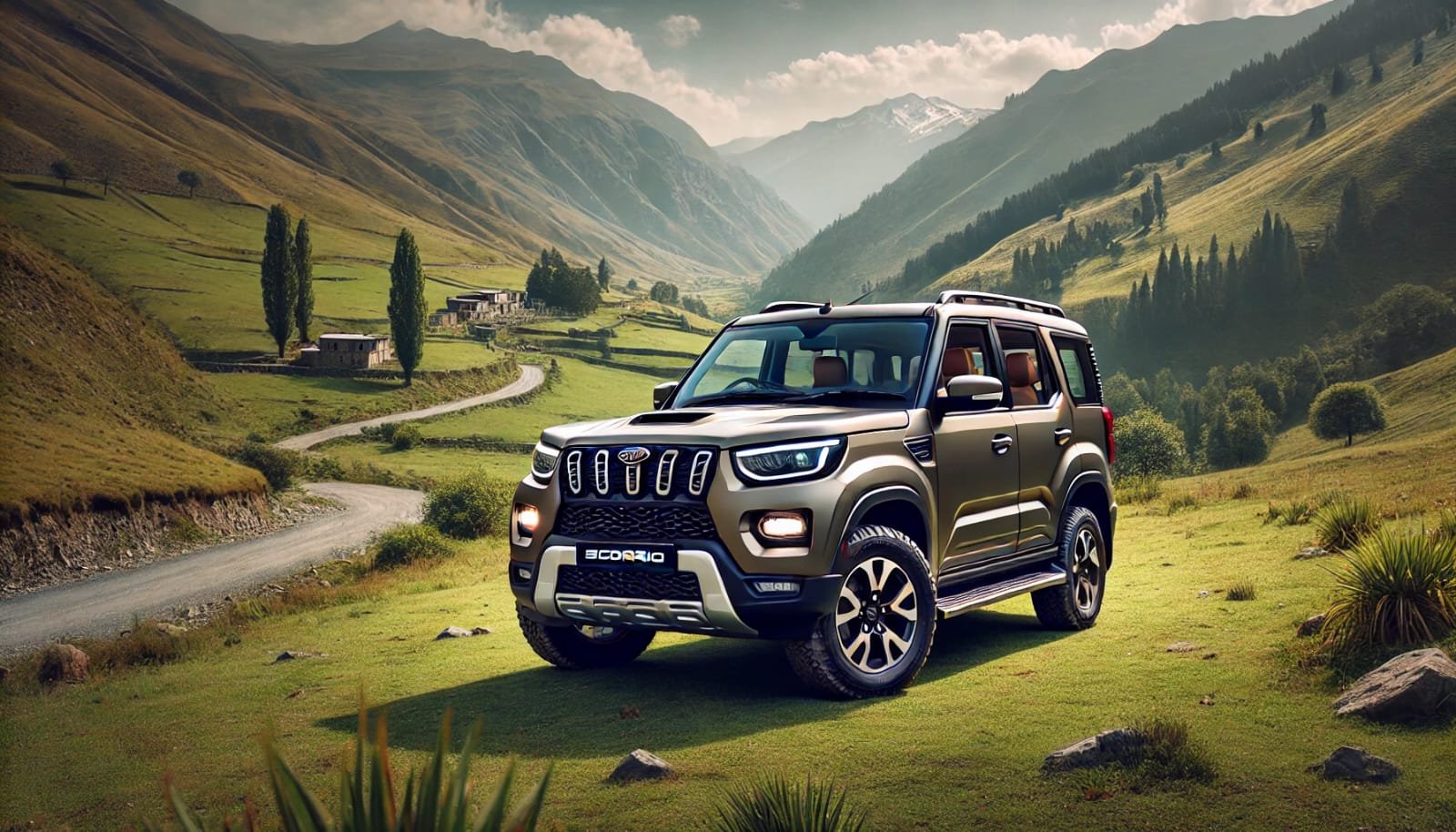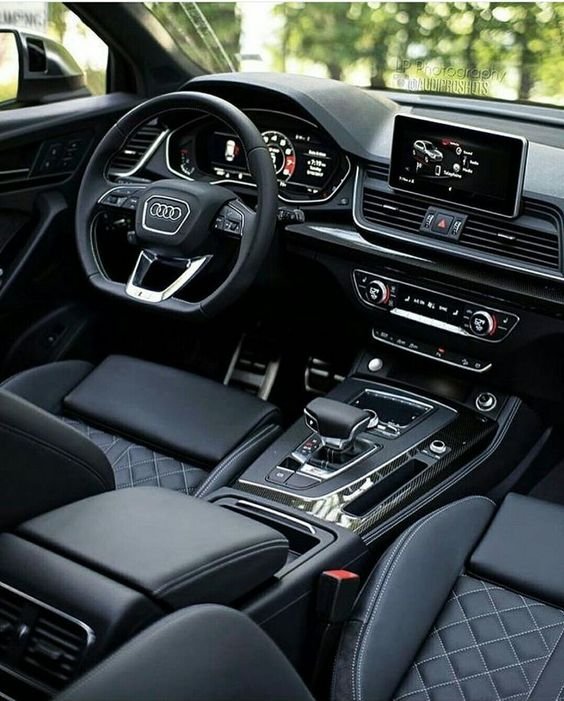
Deciding whether to lease or buy a car is a significant financial decision that can impact your budget and lifestyle for years. Each option has its advantages and disadvantages, and the best choice depends on your personal circumstances, driving habits, and financial goals. This detailed article will explore the pros and cons of leasing versus buying a car to help you make an informed decision.
Understanding Leasing and Buying
What is Leasing?
Leasing a car is essentially renting a vehicle for a specified period, typically between two to four years. During this time, you make monthly lease payments, and at the end of the lease term, you return the car to the dealership. Leases often come with mileage limits and require you to maintain the car in good condition.
What is Buying?
Buying a car involves purchasing the vehicle outright or through a car loan. You own the car once the loan is paid off and can keep it as long as you wish. Buying a car usually involves higher monthly payments compared to leasing, but you build equity in the vehicle over time.
Pros and Cons of Leasing a Car
Pros of Leasing
1. Lower Monthly Payments
One of the most significant advantages of leasing a car is the lower monthly payments compared to buying. Lease payments are typically lower because you are only paying for the car’s depreciation during the lease term, not the entire value of the car.
2. Lower Upfront Costs
Leasing a car generally requires a lower down payment than buying. In some cases, you might not need a down payment at all. This can make leasing an attractive option for those who want to avoid large upfront costs.
3. Driving a Newer Car
Leasing allows you to drive a new car every few years. This means you can enjoy the latest features, technologies, and safety advancements without the long-term commitment of buying.
4. Warranty Coverage
Most lease terms coincide with the manufacturer’s warranty period. This means that major repairs and maintenance are often covered, reducing the out-of-pocket expenses for the lessee.
5. Tax Benefits for Business Use
If you lease a car for business purposes, you may be able to deduct the lease payments as a business expense on your taxes. This can provide a significant financial benefit.
Cons of Leasing
1. Mileage Limits
Leases typically come with mileage limits, usually ranging from 10,000 to 15,000 miles per year. Exceeding these limits can result in costly overage fees, making leasing less attractive for high-mileage drivers.
2. No Ownership Equity
When you lease a car, you do not build equity in the vehicle. At the end of the lease term, you return the car to the dealership and have no ownership stake. This can feel like “renting” a car without any long-term investment.
3. Potential for Additional Fees
Leases can come with various fees, including disposition fees (charged at the end of the lease), early termination fees, and fees for excessive wear and tear. These can add up and make leasing more expensive than anticipated.
4. Limited Customization
Because you do not own the car, you are often restricted in how you can customize or modify the vehicle. Any modifications you make may need to be reversed before returning the car, which can be inconvenient and costly.
5. Higher Long-Term Costs
While leasing can have lower monthly payments, it can be more expensive in the long run if you lease multiple cars back-to-back. Over time, continuously leasing cars can cost more than buying and holding onto a vehicle.
Pros and Cons of Buying a Car
Pros of Buying
1. Ownership Equity
When you buy a car, you build equity in the vehicle. Once the car loan is paid off, you own the car outright and can continue driving it without monthly payments. This ownership can provide a sense of financial stability and long-term value.
2. No Mileage Limits
Unlike leasing, owning a car means you can drive as many miles as you want without worrying about mileage limits or overage fees. This makes buying a better option for those with long commutes or frequent road trips.
3. Freedom to Customize
Owning a car gives you the freedom to customize and modify it as you see fit. You can make any changes to the vehicle’s appearance or performance without restrictions, enhancing your driving experience.
4. Potential for Long-Term Savings
While the initial cost of buying a car can be higher, it can save you money in the long run. After paying off the car loan, you can continue driving the car for years without monthly payments, reducing your overall transportation costs.
5. Better for High Mileage
Buying a car is generally better for high-mileage drivers. The lack of mileage restrictions means you can drive as much as you need without incurring additional fees, making it a cost-effective option for those who travel frequently.
Cons of Buying
1. Higher Monthly Payments
Monthly payments for buying a car are typically higher than lease payments because you are paying off the entire value of the car, not just the depreciation. This can strain your budget, especially if you opt for a shorter loan term.
2. Higher Upfront Costs
Buying a car usually requires a larger down payment compared to leasing. This higher initial cost can be a barrier for some buyers, especially those with limited savings.
3. Depreciation
New cars depreciate quickly, with the most significant depreciation occurring in the first few years of ownership. This can affect the resale value of the car and result in a loss of equity if you decide to sell or trade it in.
4. Maintenance and Repair Costs
Once the manufacturer’s warranty expires, you are responsible for all maintenance and repair costs. These expenses can add up over time, especially as the car ages and requires more frequent repairs.
5. Selling or Trading In
When you want to get a new car, you need to sell or trade in your current vehicle. This process can be time-consuming and may not always yield a favorable return, especially if the car has depreciated significantly.
Financial Considerations
Total Cost of Ownership
When deciding between leasing and buying, it’s essential to consider the total cost of ownership (TCO). TCO includes not only the monthly payments but also other expenses such as insurance, maintenance, taxes, and fees. By calculating the TCO, you can get a clearer picture of the financial implications of each option.
Resale Value
Resale value is an important factor when buying a car. Some vehicles retain their value better than others, which can impact your long-term costs. Researching the resale value of different models can help you make a more informed decision.
Interest Rates
Interest rates can significantly affect the cost of financing a car. When leasing, interest rates (often called money factors) are typically lower than those for car loans. However, buyers with excellent credit may qualify for low-interest rates on car loans, reducing the overall cost of financing.
Tax Implications
There are tax implications for both leasing and buying. For example, in some states, you only pay sales tax on the monthly lease payments, not the full value of the car. Conversely, buying a car requires paying sales tax on the entire purchase price. Additionally, if you use the car for business purposes, leasing may offer more tax benefits.
Lifestyle and Personal Preferences
Driving Habits
Your driving habits play a crucial role in deciding whether to lease or buy a car. If you have a long commute or frequently take road trips, buying may be more cost-effective due to the lack of mileage restrictions. Conversely, if you drive less frequently and prefer having a new car every few years, leasing might be the better option.
Desire for New Technology
Leasing allows you to drive a new car with the latest technology and features every few years. This can be appealing if you enjoy having the most up-to-date safety, entertainment, and performance technologies. On the other hand, if you are content with keeping a car for a longer period and are less concerned with having the newest features, buying may be more suitable.
Flexibility and Commitment
Leasing offers more flexibility with shorter-term commitments, making it easier to switch vehicles more frequently. This can be advantageous if your lifestyle or needs change often. Buying, however, involves a longer commitment and may require more effort to sell or trade in the car when you want a new one.
Conclusion
The decision to lease or buy a car depends on various factors, including your financial situation, driving habits, and personal preferences. Both options have their pros and cons, and understanding these can help you make an informed choice.
Leasing a Car
Leasing can be a great option if you prefer lower monthly payments, want to drive a new car every few years, and don’t mind mileage limits. It offers the advantage of always having a car under warranty and typically requires lower upfront costs. However, leasing can become expensive in the long run if you lease multiple cars consecutively and may involve additional fees and restrictions.
Buying a Car
Buying a car is ideal if you want to build equity, drive without mileage restrictions, and have the freedom to customize your vehicle. While it involves higher monthly payments and upfront costs, it can save you money in the long term, especially after the loan is paid off. Ownership also provides more flexibility and control over the vehicle, making it a better choice for high-mileage drivers and those who plan to keep their car for an extended period.
Ultimately, the best choice depends on your unique circumstances and priorities. By carefully considering the financial, lifestyle, and personal factors, you can make a decision that aligns with your needs and provides the best value for your investment.
ALSO READ: The Pros and Cons of Buying a Used Electric Vehicle







